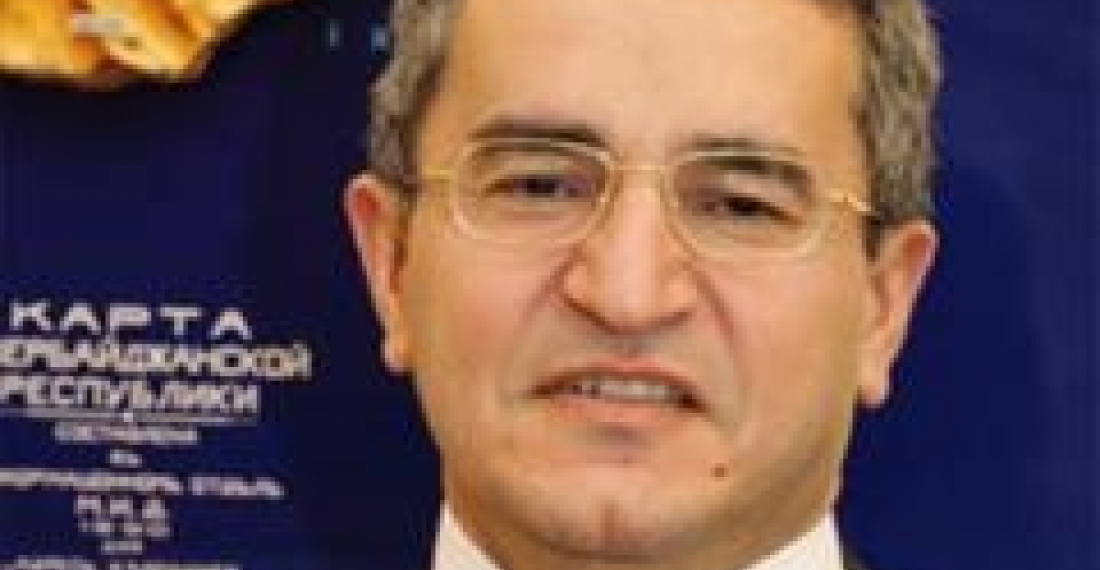According to spokesman for Azerbaijan’s Foreign Ministry Elkhan Polukhov, this amendment had no real impact on US-Azerbaijani relations, but its existence has moral significance.
'Official Baku hopes that as a result of future debates in the US Congress, this discriminative and outdated Jackson-Vanick amendment will ultimately be canceled', Polukhov said.
The US administration had agreed with the Congress to open debates on cancellation of the discriminative Jackson-Vanick amendment for several CIS countries, including Azerbaijan.
The amendment that was passed in the US Congress in 1974 restricted trade with the USSR.
The amendment was caused by the lack of freedom of emigration in the Soviet Union. The amendment is still officially valid towards the former USSR states. Since 1989, the United States have been imposing a moratorium on the amendment, but the Congress has not officially cancelled it.
The amendment is also in place for Vietnam, Armenia, Azerbaijan, Belarus, Kazakhstan, Tajikistan, Turkmenistan, Uzbekistan and Moldova. In 2000, the amendment was annulled for China. In the same period, restrictions in trade were lifted for Georgia, Kyrgyzstan and Albania. In 2006, the amendment was also cancelled towards Ukraine.
1news.az
Baku hopes for early cancellation of discriminative Jackson-Vanick amendment
Baku hopes for early cancellation of discriminative Jackson-Vanick amendment

Azerbaijan’s Foreign Ministry hopes that the future debates in the US Congress on cancellation of the discriminative Jackson-Vanick amendment will end successfully.






